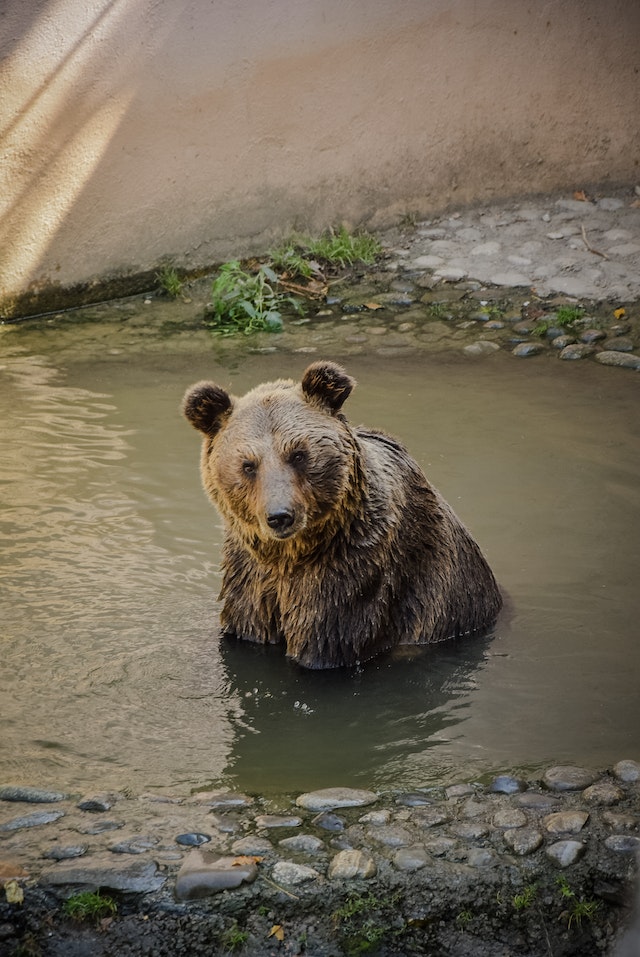In a tragic turn of events, the consequences of ignorance in hunting regulations have been realized through a fatal mistake. This incident serves as a stark reminder of the importance of understanding and adhering to hunting laws to prevent such devastating outcomes.
Hunting, when carried out responsibly and within legal boundaries, can be a legitimate and respected activity that contributes to wildlife management and conservation. However, it is incumbent upon hunters to educate themselves about the specific regulations governing their hunting practices.
In this particular case, the lack of knowledge and understanding of hunting regulations led to a fatal error with far-reaching implications. Ignorance of the protected status of certain species and failure to properly identify the target resulted in irreversible consequences.
To prevent such incidents, it is crucial for hunters to familiarize themselves with local, state, and federal hunting laws and regulations. This includes gaining knowledge about protected species, their distinctive characteristics, and any restrictions or prohibitions associated with hunting them.
Hunters should take the responsibility of obtaining the necessary permits and licenses seriously. These documents are designed to ensure compliance with regulations and help protect vulnerable species from harm. It is essential to obtain the correct permits and licenses that align with the intended hunting targets.
Additionally, hunters should invest time in ongoing education and training to stay updated on any changes in hunting regulations. Participating in hunting education programs, workshops, and engaging with wildlife conservation organizations can provide valuable insights and promote responsible hunting practices.
The consequences of ignorance in hunting regulations extend beyond legal implications. They impact the reputation of the hunting community as a whole and can undermine the efforts of responsible hunters who prioritize conservation and sustainability.
When an incident occurs due to ignorance or misidentification, it is imperative for hunters to take immediate responsibility for their actions. This includes reporting the incident to the appropriate authorities and cooperating fully with investigations. Accepting the consequences and learning from the experience is essential to prevent similar mistakes in the future.
Furthermore, open dialogue within the hunting community can foster a culture of knowledge sharing and accountability. By sharing stories, lessons learned, and promoting responsible hunting practices, hunters can collectively work towards reducing incidents caused by ignorance in hunting regulations.
Government agencies, wildlife conservation organizations, and hunting associations play a vital role in disseminating information about hunting regulations and protected species. They should actively engage with hunters, providing accessible resources, training opportunities, and effective communication channels to ensure hunters have the necessary knowledge to make informed decisions in the field.
In conclusion, the tragic consequences of ignorance in hunting regulations serve as a sobering reminder of the importance of understanding and adhering to hunting laws. By prioritizing education, responsible practices, and compliance with regulations, hunters can contribute to the conservation of wildlife populations and uphold the integrity of the hunting community. It is through collective efforts and a commitment to knowledge that such fatal mistakes can be prevented, safeguarding both the hunting tradition and the well-being of protected species.











